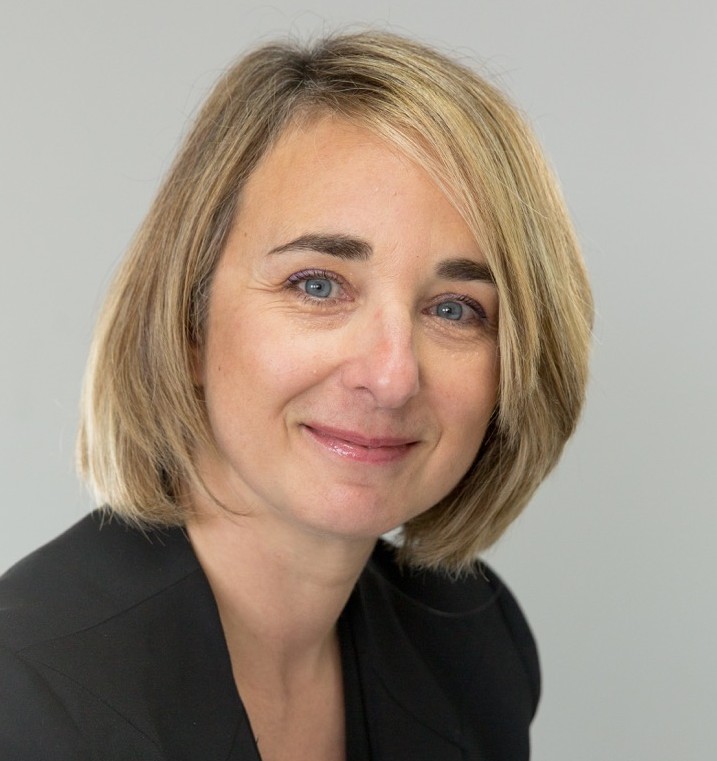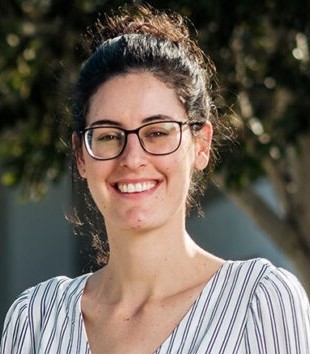Two of Stellenbosch University’s leading energy experts, Prof Cristina Trois, Director of the Centre for Renewable and Sustainable Energy Studies (CRSES), and Dr Chantelle van Staden, Senior Lecturer in Electrical and Electronic Engineering, are helping shape the future of South Africa’s electricity system through an exciting new international research collaboration.

CRSES Director: Prof Cristina Trois

Senior Lecturer in E&E: Dr Chantelle van Staden
The project is called ‘The Stability of the South African Power Grid: A Data-Driven Statistical Physics-Based Approach‘ and is led by Prof Christian Beck from Queen Mary University of London. It includes collaborators from SU and the University of the Free State. Prof Trois and Dr van Staden are co-investigators in this project.
The project is funded by the UK’s national research body, UK Research and Innovation (UKRI), and brings together researchers from South Africa and the United Kingdom to tackle one of the country’s most pressing challenges, including how to make the national grid more stable, more reliable, and ready for a future powered by clean energy.
Prof Trois, who is the CRSES Director, has spent much of her career focused on sustainable energy solutions and says this project could not come at a better time. She states that she is proud to be working with global partners to apply fresh thinking to a very real issue affecting all South Africans. According to her, the goal is to help ensure a more resilient power system, one that embraces renewables while keeping the lights on.
Working alongside Prof Trois is Dr Chantelle van Staden, who brings technical depth and practical insight to the initiative. A senior academic in SU’s Department of Electrical and Electronic Engineering, Dr van Staden focuses on distributed energy integration, geospatial energy planning, and power systems modelling. She also heads the Eskom Power Engineering Program at SU, where she works closely with industry to solve real-world energy problems.
Dr van Staden says this project is about impact for her, and it also combines academic knowledge with real-time data and lived energy challenges, which is where real innovation happens.
The research is backed by over R12.5 million in funding and will support postdoctoral research, academic exchanges between South Africa and the UK, and collaborative workshops. The team hopes their work will not only contribute to greater grid stability but also support the wider rollout of affordable, clean energy technologies like wind, solar, and battery storage.
As South Africa continues to navigate load shedding and its long-term energy transition, the work of Prof Trois and Dr van Staden is both timely and vital.



